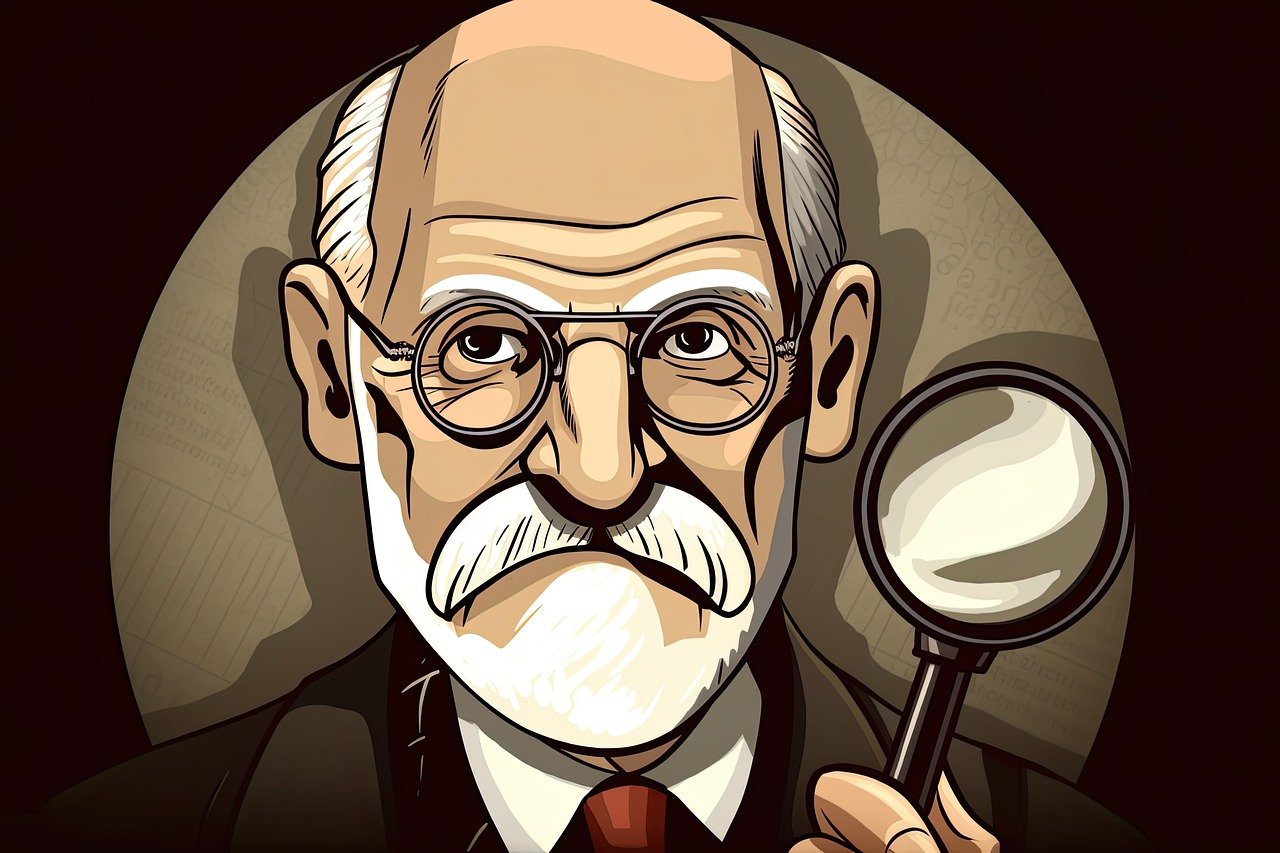
A fixation allows you to secure something or give it stability.
Fixation is the action and effect of fixing or fixing (knocking, securing one body to another, hitting, limiting, making something stable). The term can be used to name the precise establishment or certain determination of something.
In this sense, pricing refers to the price that a seller places on a product that he offers on the market . The game of supply and demand is the mechanism that regulates prices: if there is a lot of demand, prices rise until they reach too high a level and demand begins to fall; When the price is low again, demand resumes growth. However, each producer and/or seller has the possibility of setting the price they see fit, and then modifying it.
Price fixing can also be linked to a unilateral decision of the State or a monopoly , in cases where competition does not exist. For example: in a city where only one company provides telephone service, this company has complete freedom when designing its rates, since consumers do not have the possibility of choosing another provider.
Fixation in psychoanalysis
Psychoanalysis also uses the notion of fixation. In this case, the term refers to a strong union between the libido and certain people, imagos (image, from Latin) or objects, or their psychic representation. According to Sigmund Freud , fixation causes an intimate relationship of the libido with beings or imagoes, the reproduction of a particular form of satisfaction, or the permanence of an organization according to its own structural features in one of the phases of its evolution.
There are two basic possibilities in cases of fixation: that it manifests itself externally, that it is perceptible; or that it becomes an internal reality, leading to a state of regression. Generally, we speak of fixation to give a name to a genetic conception that entails an orderly rise on the part of the libido (it is fixed to a phase).

The idea of fixation is used in psychoanalysis.
The neurosis
Freud's theory is outside the field of genetics, since it speaks of those experiences, fantasies or images that cling unchanged to the unconscious and remain linked to the drive . It is a universal phenomenon , very important in cases of neurosis , which usually chooses one of the first phases of our life. One of the most common models of emotional fixation is grief.
Patients with traumatic neurosis show clear signs of the presence of a fixation on the traumatic scene (the accident), which they usually repeat regularly in their dreams. It is worth mentioning, on the other hand, that a fixation does not necessarily lead to neurosis ; and the opposite does not happen either.
The meaning of the symptom is hidden in a series of processes that those who suffer from a fixation carry out unconsciously; For this symptom to manifest, it is necessary, in turn, that the sense is not conscious.
Breuer and fixation
The prominent Austrian physiologist Josef Breuer , born in 1842 and responsible for a series of important discoveries in the field of neurophysiology , developed a technique to make his patients aware of the processes in which the meaning of the symptom was found. The results of its discovery were positive, since the symptoms stopped manifesting.
This technique is considered the basis of psychoanalysis even today. It is worth mentioning that the effects take place only when unconscious processes are brought to consciousness. There is an alternative method, which consists of filling any gaps present in the patient's memory, so that there are no incomplete memories.
Other uses of the term fixation
For chemistry , on the other hand, fixation is the state of rest of materials after being agitated and moved.
“Oral fixation” , finally, is the name of an album by the Colombian singer Shakira that was released in 2005 .
